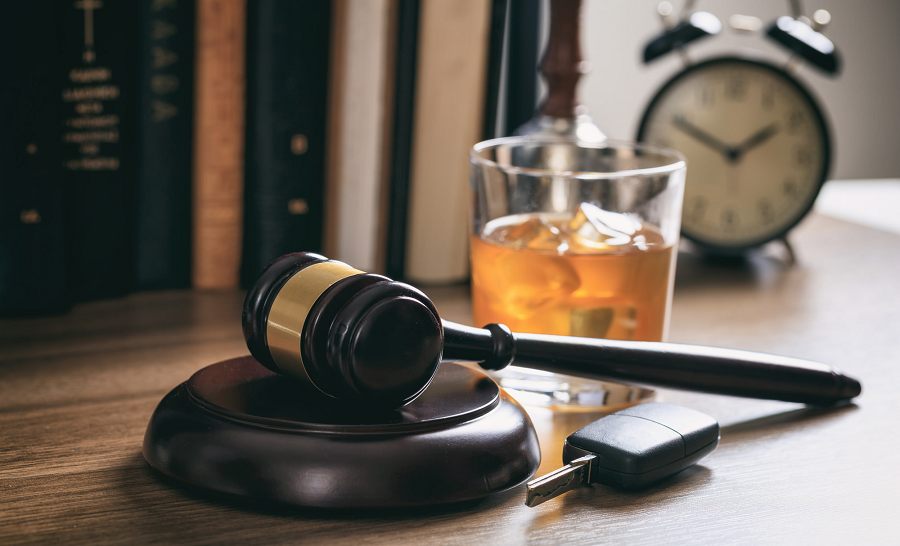As a criminal defense lawyer, having a strong legal defense strategy is crucial for achieving the best possible outcome for your client. A weak or disorganized plan leads to disastrous results, while an airtight, proactive approach all the difference in proving your client’s innocence or achieving a favourable plea bargain.
The bedrock of any top-notch criminal defense is a meticulous, exhaustive investigation of all evidence and facts related to the case. You simply defend without fully comprehending all aspects of the defense argument and knowing all pertinent details about the incident in question. Look for inconsistencies in witness statements, lapses in police procedure, flawed forensic analysis, and any other exculpatory evidence. Build your narrative that provides an alternative explanation of your client’s alleged actions.
Anticipate the prosecution’s arguments
To build a robust rebuttal, you must think like a prosecutor and predict their arguments and strategies. Carefully analyze the charges and evidence against your client and envision how the opposing side will try to present them in court. Prepare counterarguments to each element, using the exculpatory facts you uncovered during the investigation. Look out for common techniques like emphasizing gory crime scene photos, using persuasive language to describe the defendant’s actions, or showing the jury enlargements or 3D models of disputed evidence. Come up with solid counters to these tactics that shift focus back to the facts and weaken their dramatic impact.
Develop your affirmative case
A strong experienced defence lawyer in mississauga undermining the prosecution’s version of events; you must also present an affirmative case on behalf of your client. Gather facts and testimony that actively contradict the allegations and give the jury or judge an alternate sequence of events to believe in. Humanize your client by having character witnesses testify to their reputation and background. Have experts evaluate psychological records, analyze forensic evidence, or recreate the crime scene to bolster your version of reality. Your affirmative case should leave no room for ambiguity about your client’s innocence or lack of responsibility.
Adapt your strategy as the case progresses
Few cases go exactly according to plan, and the criminal defense lawyer must continually adjust their approach as new evidence emerges and court rulings alter the playing field. Don’t become overly attached to one rigid strategy, but instead monitor the case’s progress and adapt. If certain witnesses prove uncooperative or your affirmative case hits roadblocks, be ready to tweak your arguments to align with the facts at hand. Stay nimble and keep your eyes open for fresh opportunities rather than trying to fit a square peg in a round hole.
Leverage plea bargaining judiciously
It is estimated that the majority of criminal cases end in plea bargains rather than going to trial. As a defense lawyer, part of building a strong overall strategy is recognizing when pursuing a plea deal serves your client best. For instance, if considerably reduced charges are on offer or the evidence overwhelmingly points to conviction, a bargain may be wise. That said, counsel your client carefully rather than automatically pushing for plea deals. Make sure any bargains align with their goals and interests.





